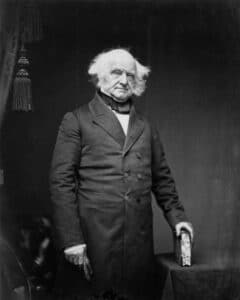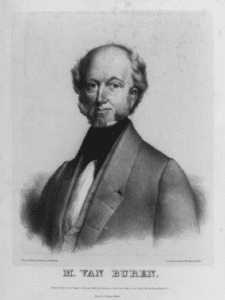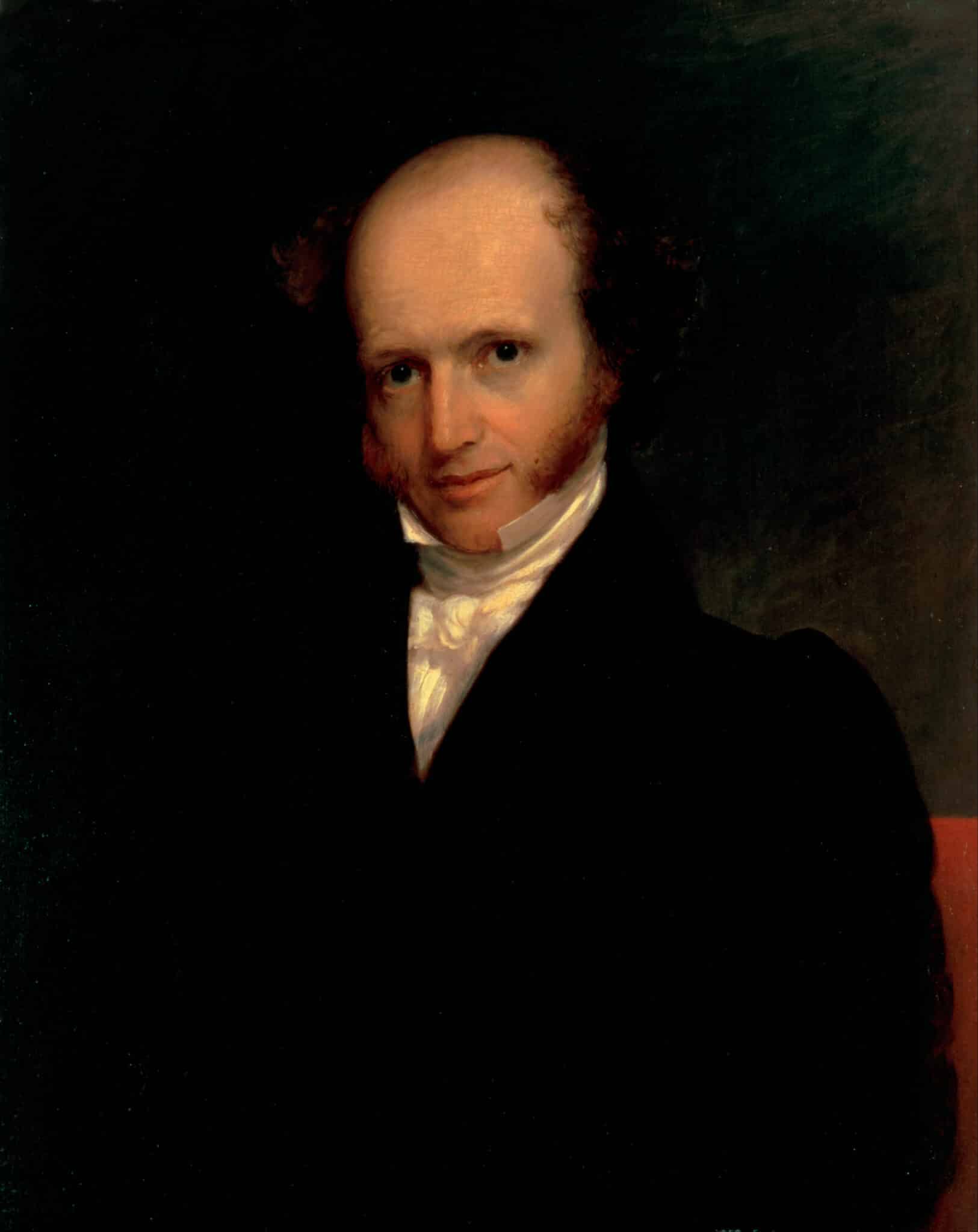Josh Reviews: Martin Van Buren and the American Political System By Donald B. Cole
 I knew going into this project that there would be some presidents who were simply less studied than others. If I thought it was hard to find a biography of James Madison, Van Buren proves to be even more obscure, with VERY few biographies of note. Unlike some other presidents, he has not had much of a modern renaissance in scholarship either. (Note: There is a new biography publishing in December, 2024, by James M. Bradley, which could be a bit of a game changer as far as biographies of Van Buren go.)
I knew going into this project that there would be some presidents who were simply less studied than others. If I thought it was hard to find a biography of James Madison, Van Buren proves to be even more obscure, with VERY few biographies of note. Unlike some other presidents, he has not had much of a modern renaissance in scholarship either. (Note: There is a new biography publishing in December, 2024, by James M. Bradley, which could be a bit of a game changer as far as biographies of Van Buren go.)
Published in 1984, Donald B. Cole’s biography of Van Buren is probably the best biography of this forgotten president. Cole himself was professor emeritus at the Phillips Exeter Academy, a top university preparatory school in Exeter, New Hampshire. Cole wrote a number of books about the early republic, including several that related to Andrew Jackson. While Andrew Jackson is much better known, Van Buren plays an important role both in Jackson’s presidency and in his rise, and in many ways was as or more responsible for the political system that came after it.
Cole manages a thorough, coherent, and fair reading of Van Buren’s life. He presents both the man who managed to almost single-handedly change the face of American politicking and electioneering as well as the man who was not quite brilliant enough to become its master. Andrew Jackson, of course, looms large, while Martin Van Buren works as a political manager in the background, much closer to the actual politics of the era.

“The Father of American Elections” is perhaps a fair name for Van Buren, who as a young man became the first in the second-generation of American politicians to really give credence, and even perhaps a kind of honor, to the ‘trade’. Cole succeeds because he reads Van Buren as the magician without shying away from the fact that while successful (he did manage his way to the presidency) he was just as frequently unsuccessful. He was also a well-liked man personally, and an incorrigible flirt (who somehow managed to talk down the husbands of all the women he flirted with). He had a mind for what could make a man successful, and believed in party – something anathema to the Founders. But his belief in party, as Cole competently illustrates, is what makes him relevant to modern politics, even if he is one of the presidents between Jackson and Lincoln that no one seems to remember.
My favorite part of this book was when the author wrote that “Van Buren was not a very good president.” He certainly seeks to bring Van Buren’s talents (myriad that they were) to the forefront, and to combat to a large extent the idea that he was just a lying politician (‘Why does Van Buren’s toast always land butter side up? Because he butters both sides’) to dig out Van Buren’s weaknesses as a politician and how the system he built mattered – the Regency, though rather short-lived, was part of an instrumental shift in how politics would be done in America. Still, though Van Buren may have been the ‘Father’ of this system, Cole points out that his failure against Harrison in 1840 largely stemmed from Van Buren’s inability to be the master of it.
The book is readable, and peppered with some good insight and even entertaining quips that serve to bring together some of the main themes of Van Buren’s political and personal life. Van Buren himself, though, is often a fairly boring figure. His life was absolutely devoted to politics and its machinations, and he seemed unable to care about much else. Cole’s biography is quite academic, which I enjoy but will likely bore more causal readers. Still, Van Buren is an interesting figure, who even runs for the presidency again years after the height of his abilities and popularity.
Van Buren was an interesting, capable, and important figure in the republic, even if he did end up being a poor successor to Jackson and, despite his talents, a somewhat inept politician, prone to sacrificing more than he could afford to. For those looking to read history and to understand American politics, this is a good read on how modern American politics began to take shape, especially in the all-important years leading up to the civil war.


